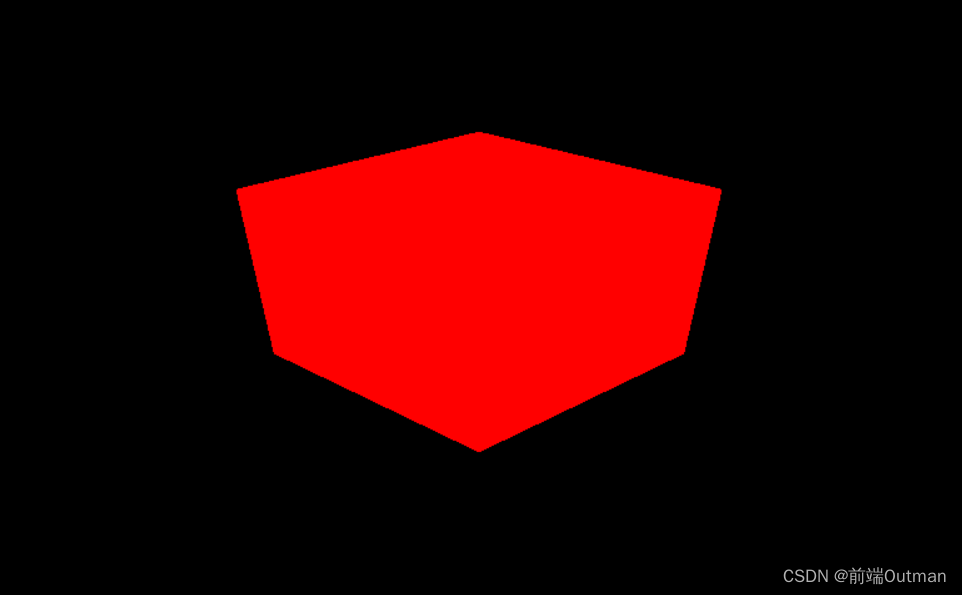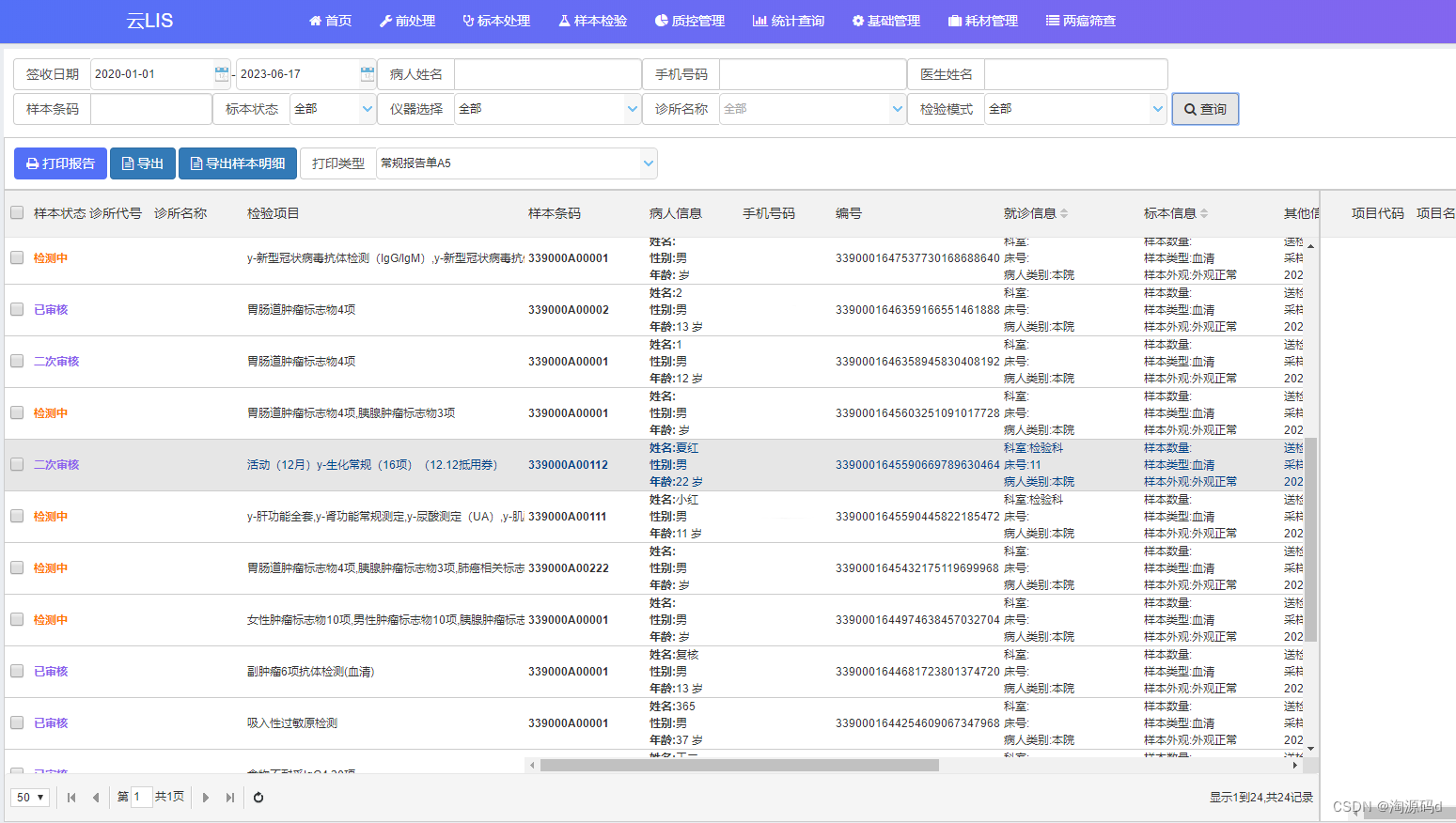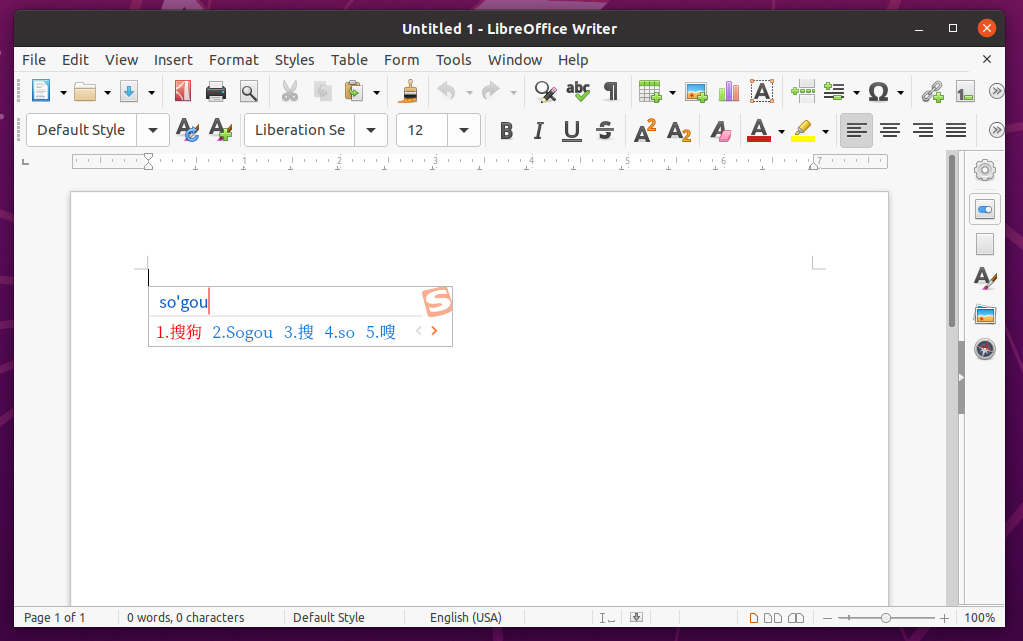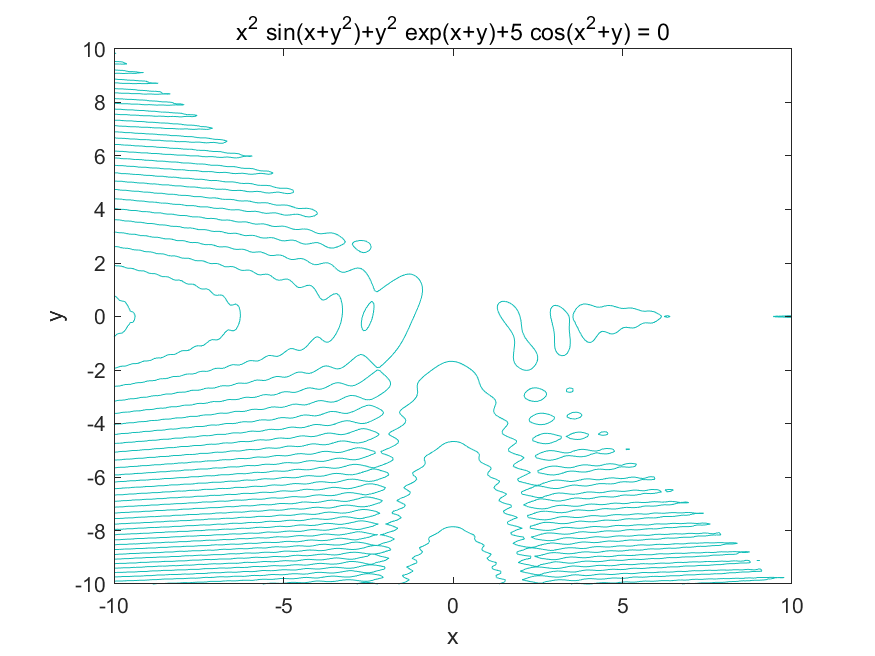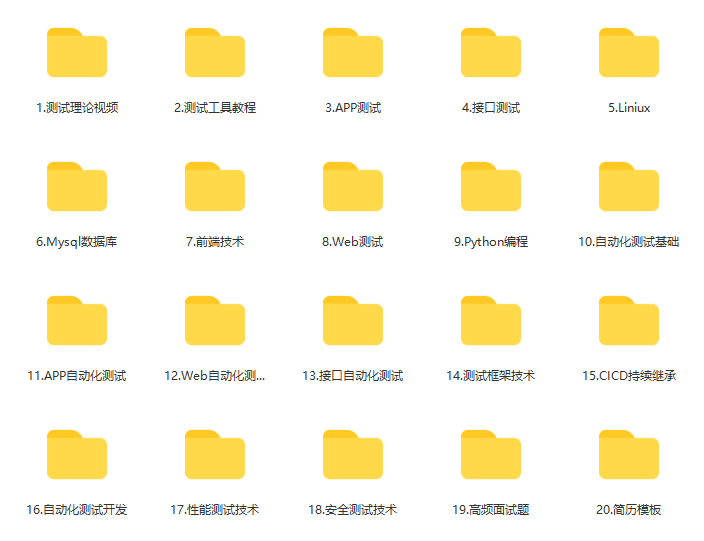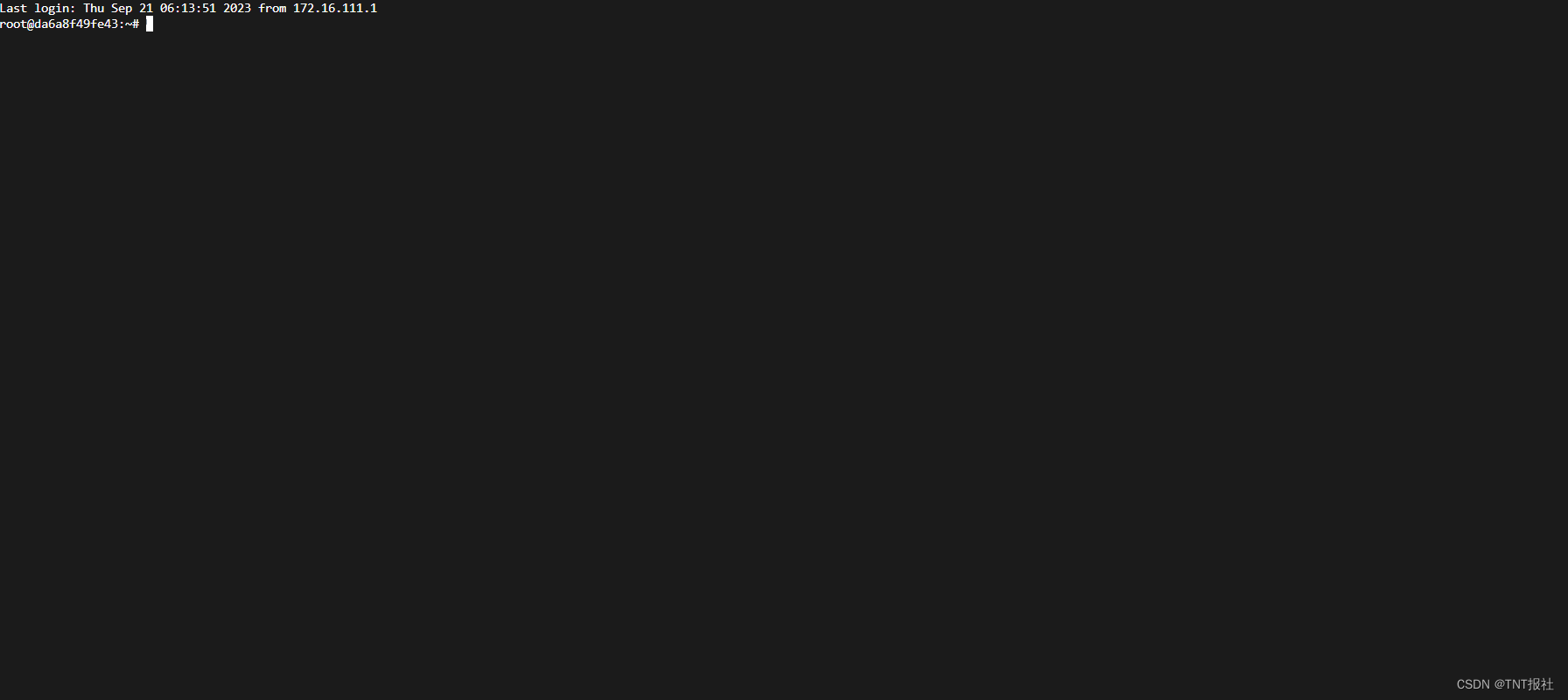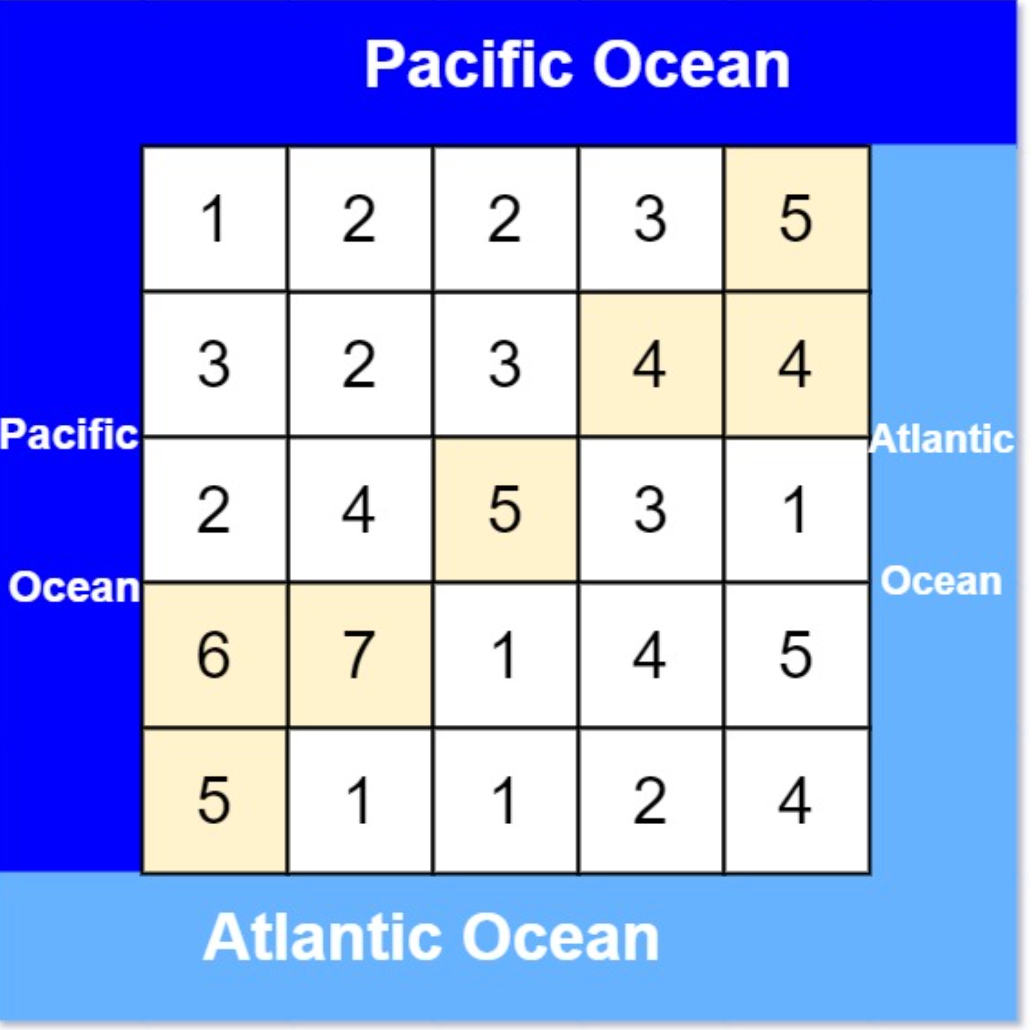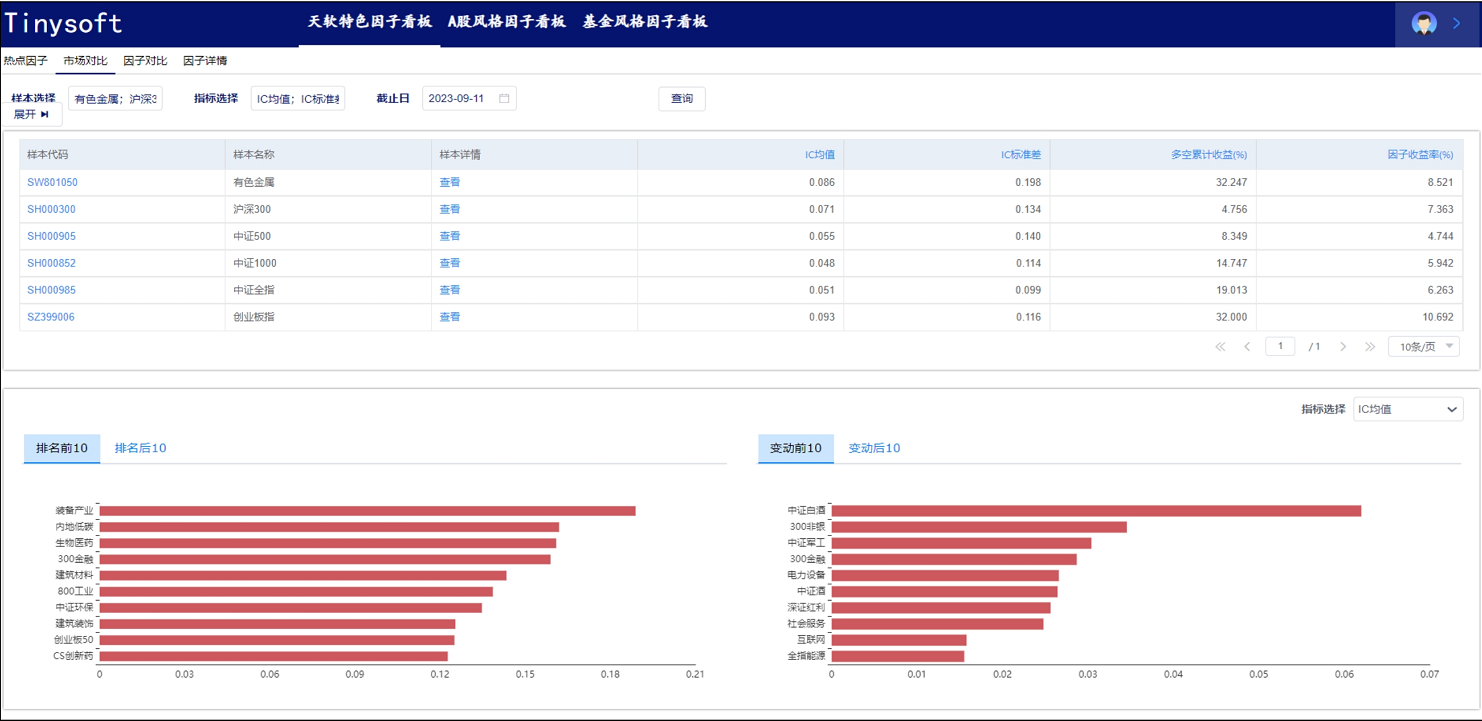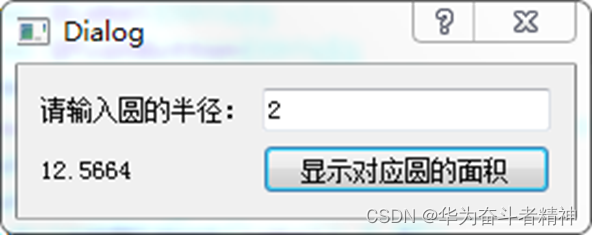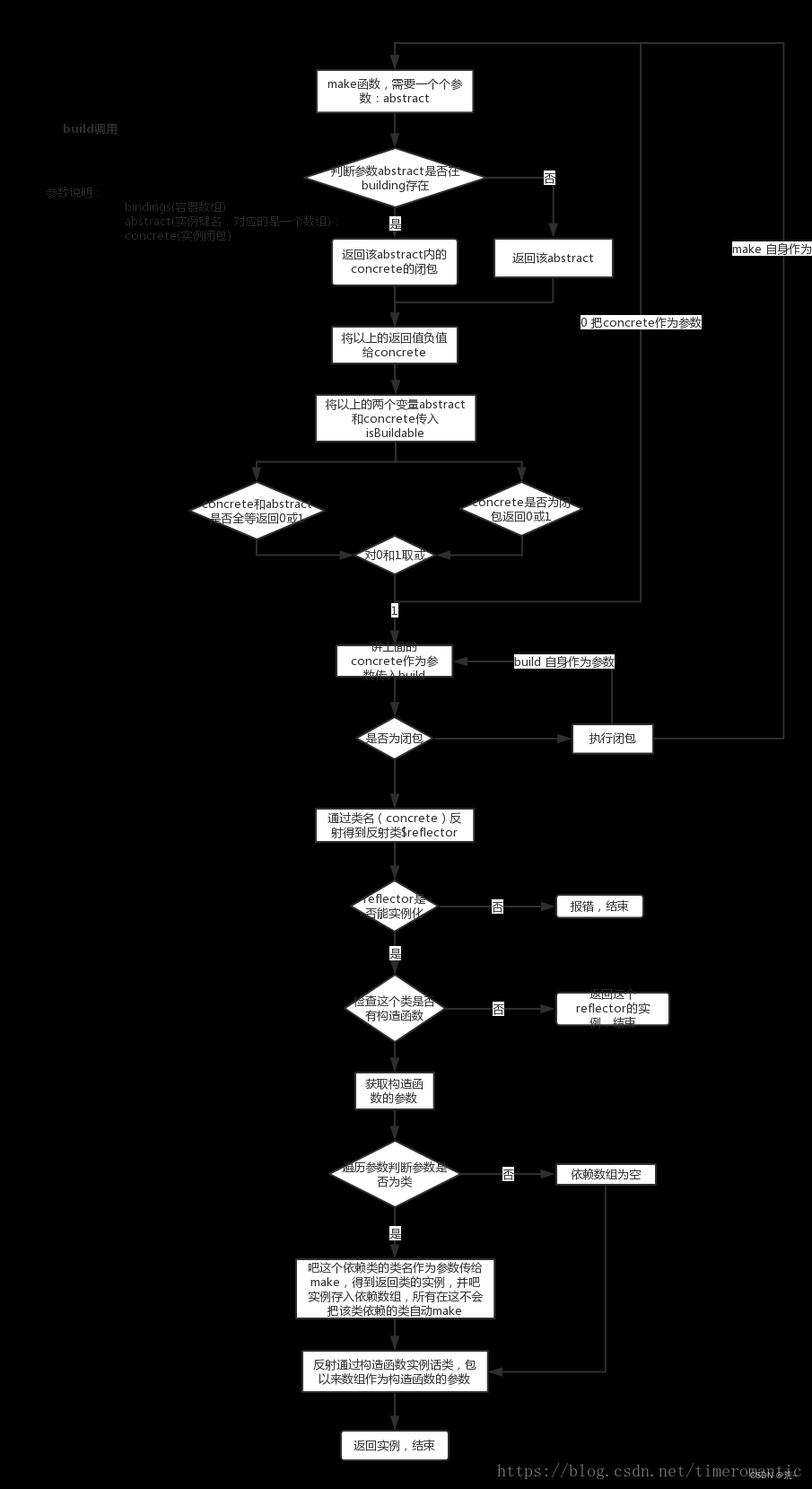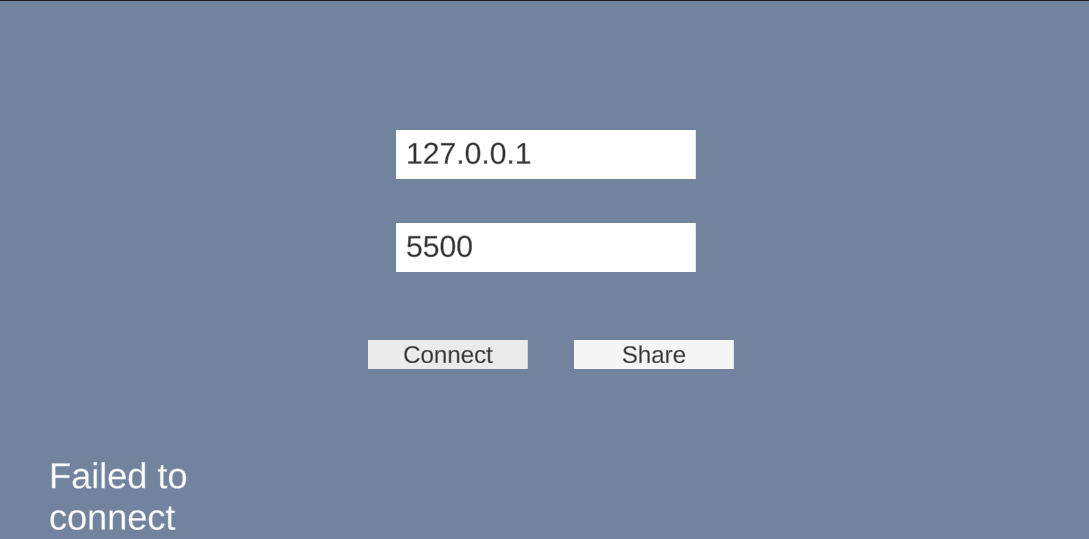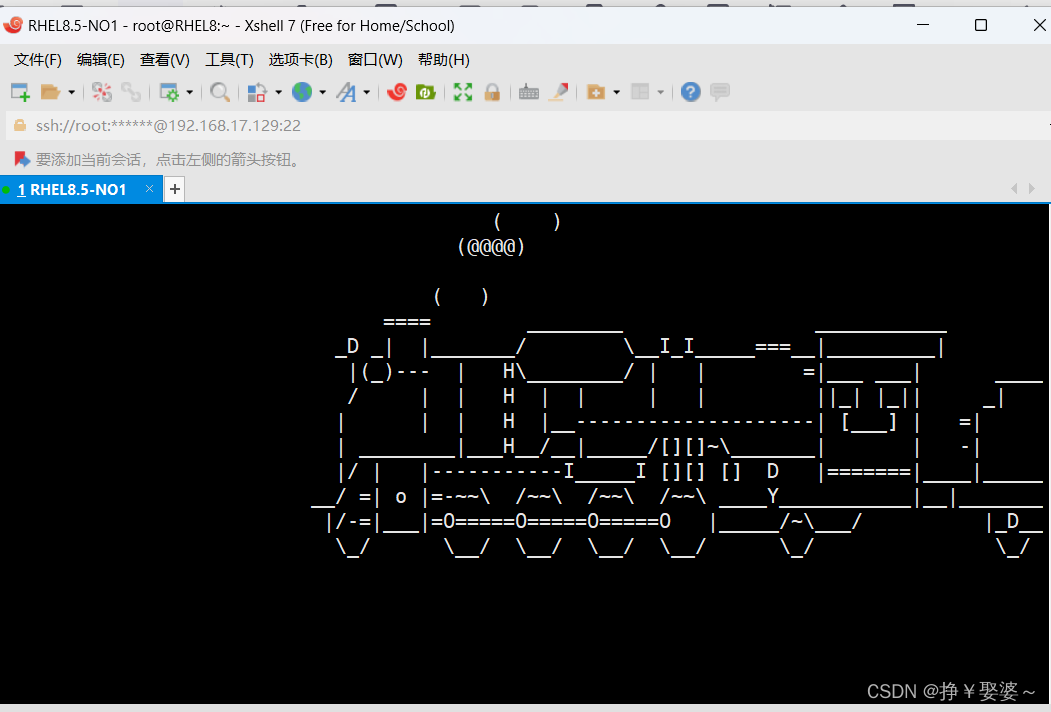Three 学习日志(一)—— Three.js 的简单尝试
Three.js是一个使用JavaScript编写的轻量级3D图形库,它可以在浏览器中渲染出3D场景。在学习Three.js的过程中,建立基本场景是一个重要的第一步。通过设置相机、场景和渲染器等组件,可以创建一个简单的3D场景。在建立基本场景之后,可以通过添加模型、材质、光源等元素来丰富场景效果。此外,使用requestAnimationFrame方法可以让场景动起来,实现动画效果。
一、简单尝试 Three.js
<!DOCTYPE html>
<html lang="en">
<head>
<meta charset="UTF-8">
<meta name="viewport" content="width=device-width, initial-scale=1.0">
<title>Learn Three.js</title>
<!-- 引入three,下载地址参考:http://www.webgl3d.cn/pages/aac9ab/#%E7%89%B9%E5%AE%9A%E7%89%88%E6%9C%ACthree-js%E6%96%87%E4%BB%B6%E5%8C%85%E4%B8%8B%E8%BD%BD -->
<script src="../build/three.js"></script>
</head>
<body>
<script>
// 任意调用API,为了检测three.js是否引入成功
console.log(THREE.Scene);
// 创建3D场景对象Scene
const scene = new THREE.Scene();
// 创建一个长方体几何对象Geometry
const geometry = new THREE.BoxGeometry(100, 100, 100);
// 创建一个材质对象Material(MeshBasicMaterial 为网格基础材质)
const material = new THREE.MeshBasicMaterial({
color: 0xff0000,//0xff0000设置材质颜色为红色
});
// 创建物体:网格模型(Mesh为网格模型)
// 两个参数分别为上面创建的几何体geometry、材质material
const mesh = new THREE.Mesh(geometry, material); //网格模型对象Mesh
// 设置网格模型在三维空间中的位置坐标,默认是坐标原点
mesh.position.set(0, 10, 0);
// 构建好物体后,将物体添加到场景中
scene.add(mesh);
// 至此,我们的物体已经添加到场景中,但我们并不能立即看到构建的物体,还需要通过虚拟相机进行渲染
// 实例化一个透视投影相机对象
const camera = new THREE.PerspectiveCamera();
// 30:视场角度, width / height:Canvas画布宽高比, 1:近裁截面, 3000:远裁截面
// const camera = new THREE.PerspectiveCamera(30, width / height, 1, 3000);
// 根据需要设置相机位置具体值
camera.position.set(200, 200, 200);
//相机观察目标指向Threejs 3D空间中某个位置
camera.lookAt(0, 0, 0); //坐标原点
// camera.lookAt(mesh.position);//指向mesh对应的位置
// 定义相机输出画布的尺寸(单位:像素px)
const width = 800; //宽度
const height = 500; //高度
// 创建渲染器对象
const renderer = new THREE.WebGLRenderer();
// 设置渲染器宽高
renderer.setSize(width, height);
// 通过渲染器,将场景和相机进行结合、渲染,得到一个Canvas元素
renderer.render(scene, camera); //执行渲染操作
// 将渲染结果加入页面中
document.body.appendChild(renderer.domElement);
</script>
</body>
</html>
二、效果展示
